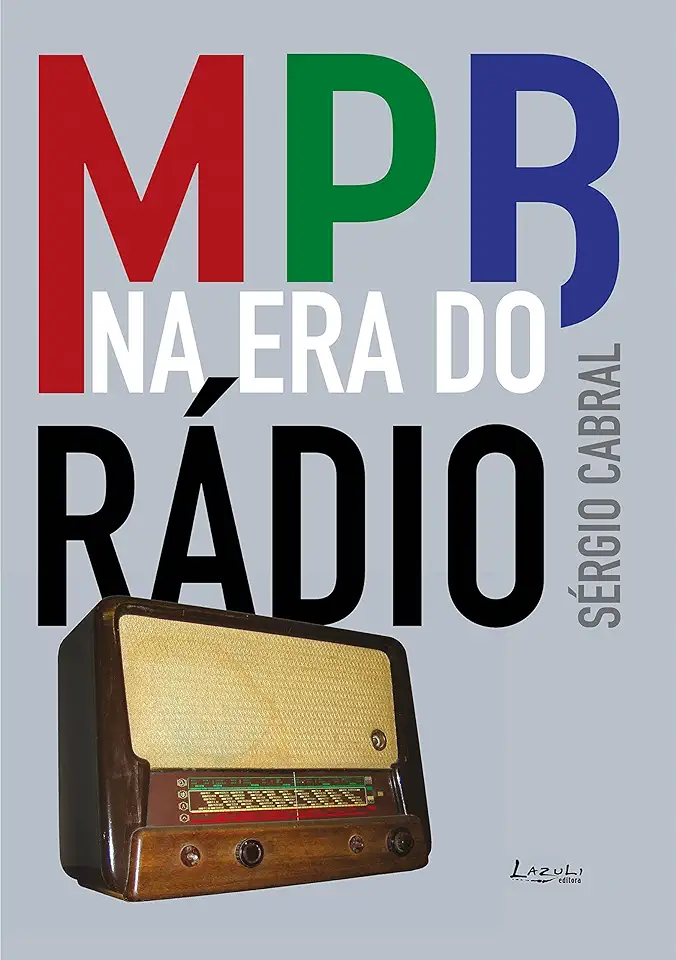
MPB in the Radio Era - Sérgio Cabral
MPB in the Radio Era: A Comprehensive Exploration of Brazilian Popular Music
Introduction
In his groundbreaking book, "MPB in the Radio Era," renowned music scholar Sérgio Cabral takes readers on a captivating journey through the vibrant world of Brazilian popular music (MPB) during the transformative era of radio. With meticulous research and a deep understanding of the subject, Cabral presents a comprehensive analysis of the social, cultural, and musical forces that shaped MPB during this pivotal period.
The Birth of MPB
The book begins by tracing the origins of MPB, highlighting its roots in traditional Brazilian music, such as samba, choro, and bossa nova. Cabral explores how these genres evolved and merged under the influence of radio, creating a unique sound that captured the hearts of listeners across the nation.
The Rise of Radio and the Impact on MPB
Cabral delves into the profound impact of radio on the development of MPB. He vividly describes how radio stations became the primary platform for musicians to showcase their talent, allowing them to reach a vast audience and gain widespread recognition. The book provides fascinating insights into the role of radio programs, live performances, and listener engagement in shaping the trajectory of MPB.
Key Figures and Musical Innovations
Cabral dedicates significant attention to the key figures who defined MPB during the radio era. He offers in-depth profiles of iconic artists such as Carmen Miranda, Orlando Silva, and Luiz Gonzaga, shedding light on their unique contributions and the lasting impact they had on the genre. Additionally, the book explores the musical innovations that emerged during this period, including the incorporation of new instruments, rhythms, and harmonies that pushed the boundaries of MPB.
Social and Cultural Context
Cabral skillfully weaves the story of MPB into the broader social and cultural context of Brazil during the radio era. He examines how political events, economic shifts, and societal changes influenced the evolution of MPB, demonstrating the intricate relationship between music and society. The book provides a rich tapestry of historical events and cultural movements that shaped the landscape of MPB.
Legacy and Enduring Influence
In the final section of the book, Cabral reflects on the enduring legacy of MPB from the radio era. He discusses how the music of this period continues to resonate with audiences today, inspiring new generations of musicians and shaping the contemporary Brazilian music scene. Cabral concludes by emphasizing the significance of preserving and celebrating this remarkable era in Brazilian musical history.
Conclusion
"MPB in the Radio Era" is a must-read for anyone interested in Brazilian popular music, cultural history, and the transformative power of music. Sérgio Cabral's masterful work offers a comprehensive and engaging exploration of this vibrant era, providing readers with a deep appreciation for the music, the artists, and the cultural context that shaped MPB. This book is an essential addition to the libraries of music enthusiasts, scholars, and anyone fascinated by the rich history of Brazilian culture.